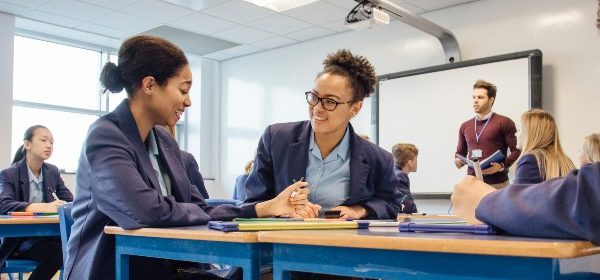Children’s mental health and wellbeing was deteriorating prior to COVID-19, but there was significant decline during the pandemic, particularly in the North of England. This blog post covers the collaboration between Professor Pamela Qualter, Professor Matt Sutton, Stephanie Gillibrand, Professor Neil Humphrey and Dr Ola Demkowicz in their study of children’s mental health, originally published […]









